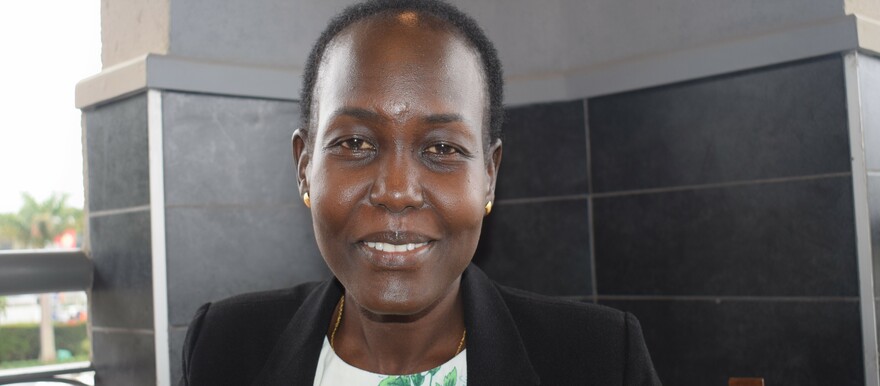Since her appointment as Jonglei’s health minister last year, Atong Kuol Manyang says she has strived to demonstrate that women are qualified in politics.
The daughter of Gen. Kuol Manyang, a veteran politician who struggled for independence after decades of civil war, says South Sudan has a long way to go to achieve gender equality.
But she said women in politics should lead by example.
“I don’t want to say that I am doing a lot, but through my work, I have been encouraging women, especially young girls, to go to school,” she said in an exclusive interview with Radio Tamazuj on Monday.
“As a young female leader, I am representing my community, but most importantly, I am a woman of Jonglei. If I do well, more women will also be given more opportunities and will open doors for women.”
The young female politician sees the revitalized peace agreement as an opportunity for more representation of women in leadership and decision-making.
South Sudan has a target of 35 per cent female participation in leadership as per the 2018 peace agreement.
“As a woman in politics, when we make decisions as a cabinet in Jonglei State, I am part of that. I sit there and give my perspective and opinion. This is where I voice what I feel and see as a woman,” she said.
She says more women should be represented in leadership, as women are the most affected group in South Sudan, saying women need to be empowered to reach the country’s goal.
Ms Atong says she tries to push for women’s issues in society and even in state cabinet decisions to address the gender gap in the state.
“When handling health issues as a health minister, I always have women in mind. But there are challenges in our society because many women are uneducated,” she said.
Asked if South Sudanese women can fight for their rights alone, she said men are needed to work together with women to achieve gender parity in the country.
According to Ms Atong, low literacy rates and prevailing traditional cultural roles for women remain ingrained obstacles to their full participation in governance.
“There are some people who look at a woman as just a woman, but not what she can offer and what she is capable of. If you raise your voice, for example, someone may not respect what you say because of being a woman. So these are some of the challenges women face. But I always prove that I am a capable woman and have something to offer,” she says.
South Sudan women should be encouraged to break down gender-related barriers so they contribute actively to politics and nation-building, she said.
Ms Atong’s political career started in March 2018 after she was appointed the state minister of information.




